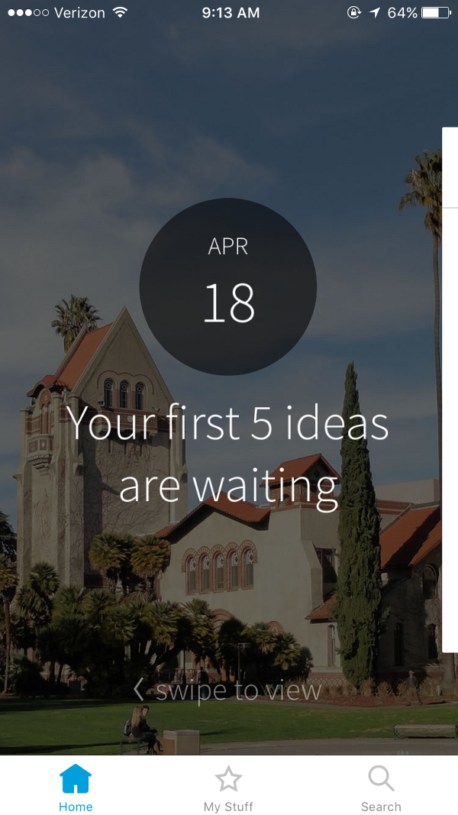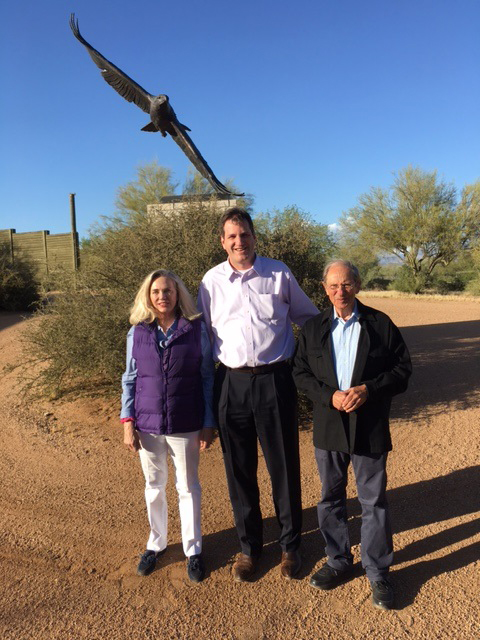LinkedIn released its latest iteration for both iPhone and Android in April: the LinkedIn Students app, geared specifically toward soon-to-be graduates looking for jobs and internships.
The app leverages LinkedIn’s database of over 400 million professionals. “The brand new app helps you discover jobs that are a best fit for graduates with your major, companies that tend to hire from your school and the careers paths of recent alumni with similar degrees,” a LinkedIn spokesman said when unveiling the product.
I preface this critique by detailing that I use my LinkedIn a ton. But it is far from perfect. And while I would say that one opinion normally does not matter , in this case, I am the target market. So my opinion does matter.
I have been looking for a solution like this for a while. I, personally, have tried to attack this problem in the past — bringing in VCs to my school and connecting students with jobs in the area — but it is not easy.
So I have been looking for a platform to help other students join the conversation.
So here is how my test run of the LinkedIn Students app went (not the best):
You enter the app and it prompts you with “5 ideas” to get your career exploration started.
These custom ideas are populated by the information you provide LinkedIn.

Screenshot of the LinkedIn Students app.
The app gives you a chance to confirm this information before you begin your search. However, the credentials are extremely baseline: school and major. (***Does not support a double major).
From there , the app populates news, alumni (who are not really alumni, but rather classmates), and job postings (pretty generic ones).
5 ideas to find your future career? Generically?
Is that enough ?
The simple answer is no. This attempt by LinkedIn fails to help students because it is not serious enough. Finding a job is not “extra-credit.” To find the right job takes time and effort. Job postings are already available to the masses, and LinkedIn’s display of information — using “ideas”— is not customized and lacks depth.
But , I believe that LinkedIn is identifying a serious problem.
There is currently a gap between young talent and jobs. This is an opportunity for technology to merge and create new opportunities. Jobs cannot be offered “conveniently” — you need to make students work and hustle for them. But the industry can be more transparent and welcoming to students , and tech can help bring talent to opportunities.
“Talent is universal, while opportunity is not” — Niko Bonatsos.
This post was originally featured on Medium and was republished with permission from the author.







